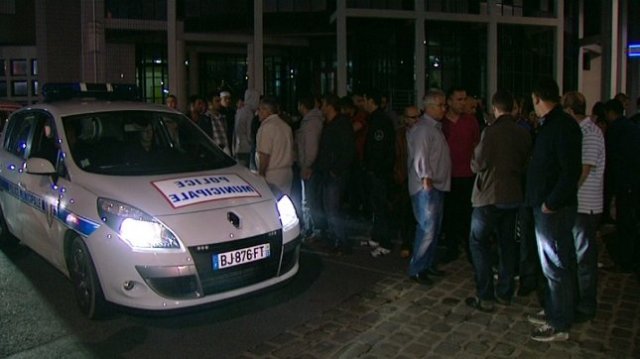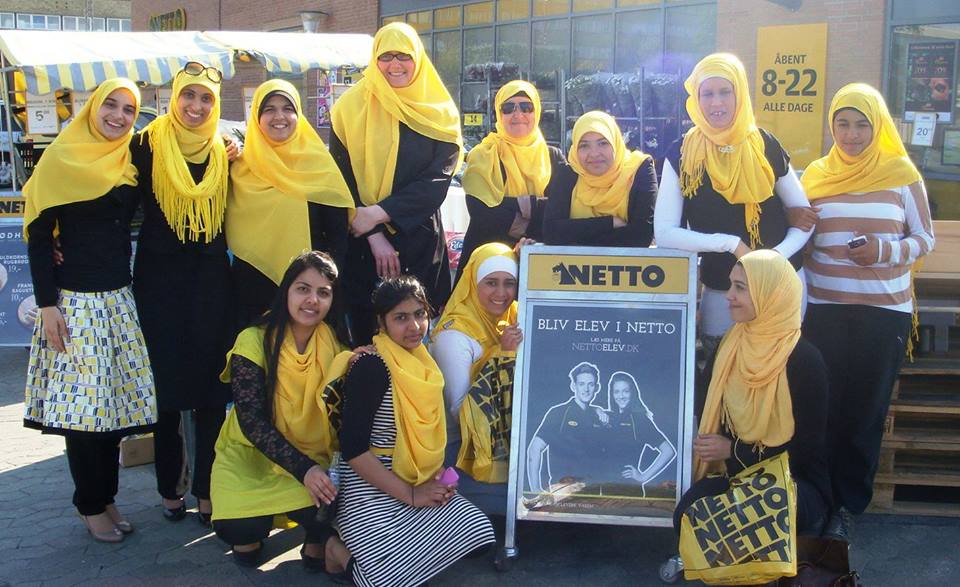In a study, Assistant Professor Sonia Ghumman from the UH Mānoa Shidler College of Business found that Hijabis (Muslim women who wear headscarfs) encountered discrimination when seeking employment.
“We conducted a field experiment to investigate the extent to which individuals wearing religious attire encounter discrimination during the hiring process,” said Ghumman. “We asked students (ages 19-22) from several ethnic backgrounds to seek employment with and without the hijab (headscarf) at retail stores and restaurants in two shopping malls. The malls were located primarily in middle-income cities in the Midwest. The job seekers were paired with an observer and yielded a total of 112 trials.”
The study measured: 1) formal discrimination, marked by explicit negative behaviors such as outright refusal; 2) interpersonal discrimination, a more subtle expression of discrimination both in nonverbal and verbal behaviors; and 3) expectations to receive job offers.
According to Ghumman, the findings revealed that wearing a hijab had a negative impact in all aspects of the hiring process compared to Muslim women who did not wear a hijab. The field experiment tracked several areas of the hiring process, including the permission to complete job applications, job availability, job call backs, interaction time, and perceived negativity and lack of interest by the employer.
University of Hawaiʻi at Mānoa news report, 23 May 2013



